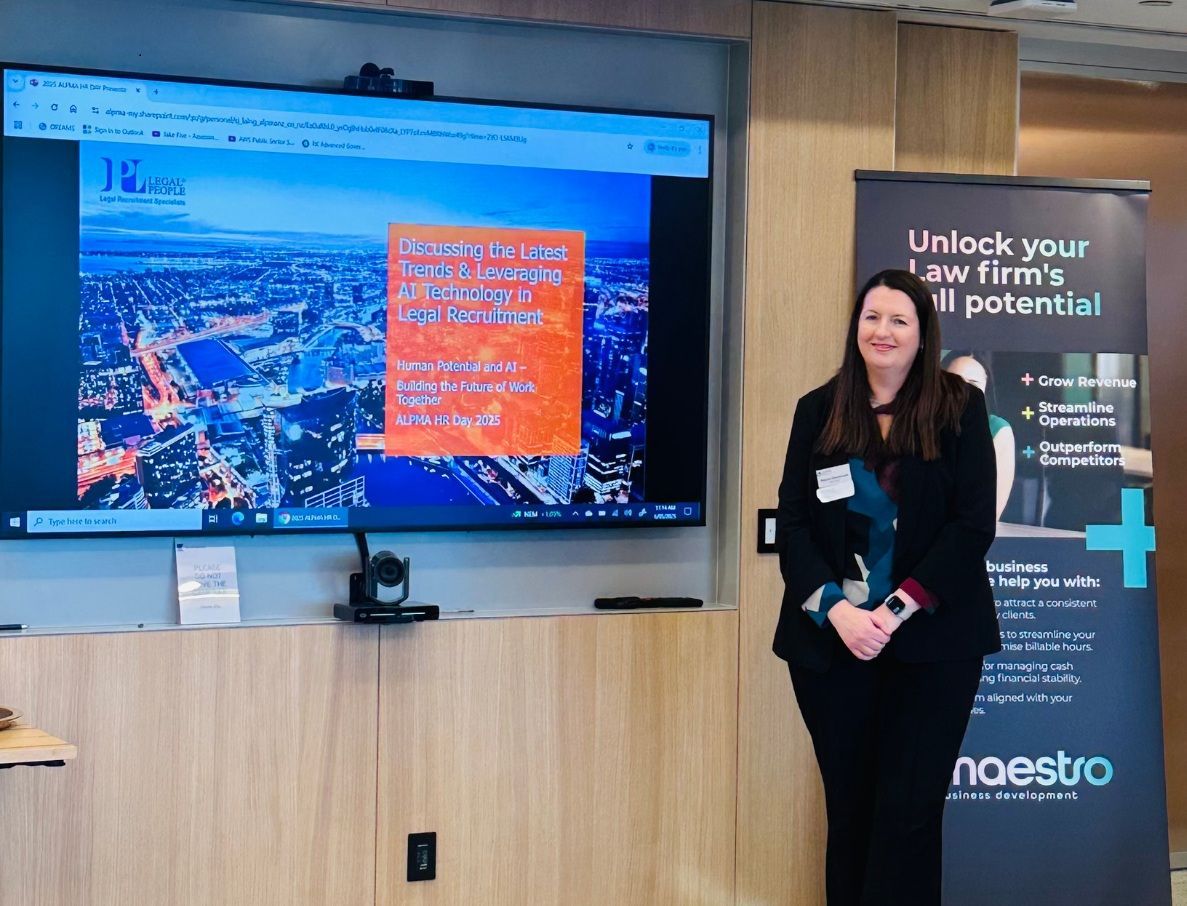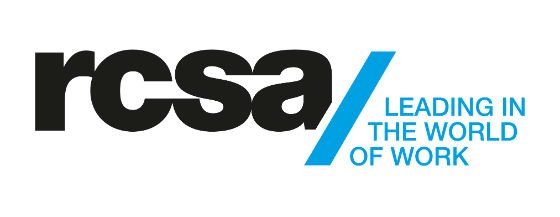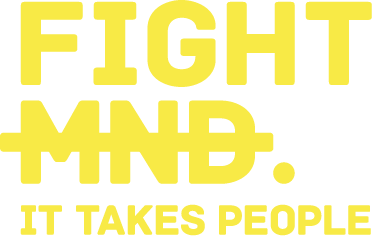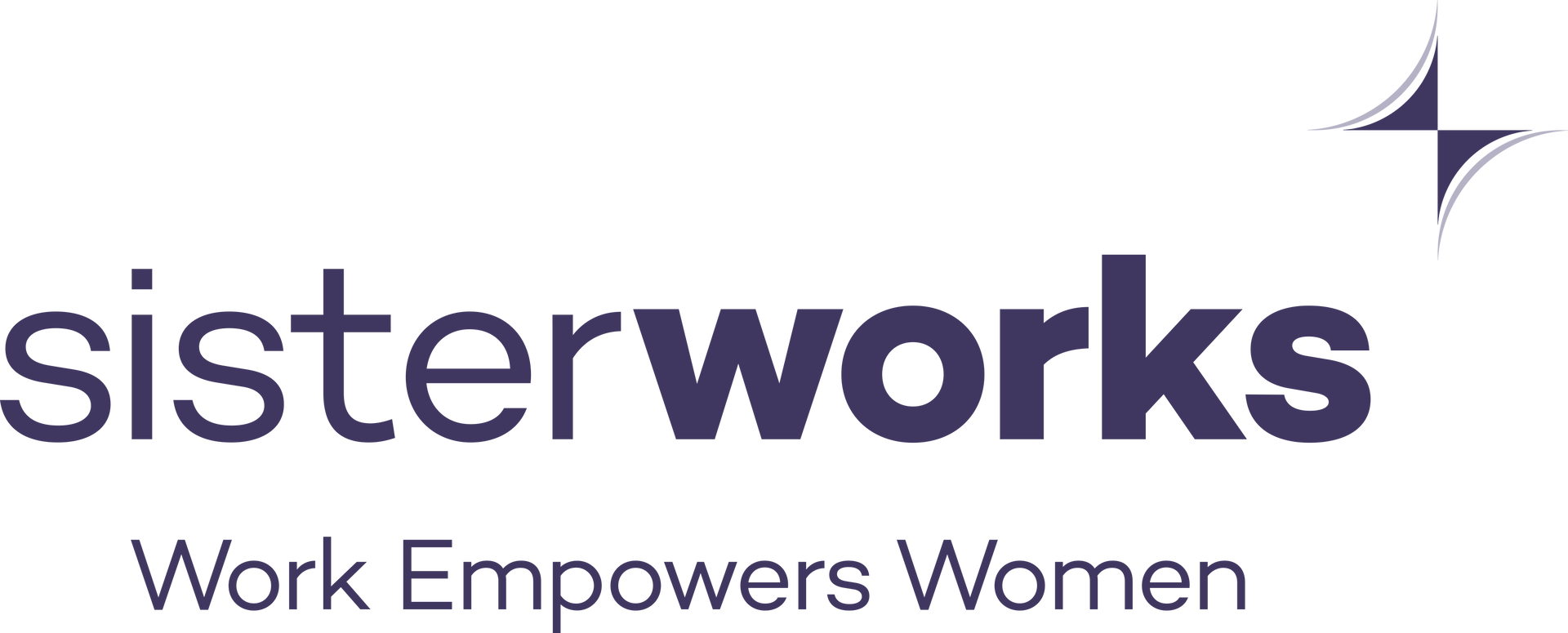Implementing Gratitude, Empathy and Mindfulness in your Workplace
Last time we talked about meeting Hugh van Cuylenburg and his Resilience project. You can read our blog about his presentation at our client event here.
In a response to concerns about mental health issues in Australia, Hugh teaches programs about resilience in schools and also to sports teams and corporations.
Hugh has spent a lot of time travelling in the 3 rd world. As part of his travels he started to learn about how children with very little in the way of material possessions were instinctively happy. He took the time to study what they were doing. He found they were applying concepts of Gratitude, Empathy and Mindfulness to their daily lives.
In a nutshell his program builds resilience and coping mechanisms by encouraging the regular practice of the following skills.
Gratitude
Practise noticing the positive things and moments in your life.
This helps you overcome the many negative messages your brain receives in any given day.
Empathy
The act of thinking of others before you think of yourself. Doing something kind for other people.
Mindfulness
Being present in the moment. Taking the time to be still.
So how can you implement these concepts in the workplace?
In a busy legal firm, many negative things can occur. You can lose a case. You can lose a client. You can have a bad meeting. You can have a conflict with a colleague. You can make a mistake. Or things might be going on outside the workplace such as a relationship breakdown, an illness, losing a loved one or another kind of trauma.
Resilience is the ability to bounce back from a negative experience. Your coping skills improve if you are able to apply Gratitude, Empathy and Mindfulness. We all have the power to control the strength of our emotions and how we respond to situations.
It has been suggested that introducing these concepts can improve mental health in the workplace. It can improve productivity, reduce sick days, increase happiness and levels of well-being. It improves your office culture and engagement. Why wouldn’t you try it?
These are some of our suggestions for implementing these concepts in the workplace:
Gratitude
- Introduce a gratitude jar in the staff kitchen
- Email someone the 3 things you are grateful for at the end of each day or put them into your phone.
- Consider keeping a gratefulness journal
- Ensure your workplace has a culture of saying Please and Thankyou to all levels of staff
- Are you wondering what to be grateful for? Maybe it is your education? Maybe it is your supportive team, maybe it is an understanding and patient client? Maybe it is your salary or an impending opportunity you are grateful for.
- Send a note to a colleague thanking them for their efforts
- Take the time to thank an existing client for their ongoing support of your firm
- Thank someone in your network for a referral
Empathy
- Doing something for other people makes you feel good. This releases oxytocin to your body. Oxytocin increases your happiness levels. Here are some suggestions.
- Take the time to share a problem. A problem shared is a problem halved.
- Do something kind for someone in your workplace every day. Buy them a coffee. Leave them a thankyou note. Offer to help with something.
- Take the time to have a conversation with a colleague to understand what is going on in their lives
Mindfulness
- If you notice something positive take a minute to stop and enjoy the moment
- Meditate for up to 20 minutes a day. See last blog for a list of handy apps to help with this.
- Laugh more.
- Take the time to listen to music that you like
- Exercise more to increase your body’s endorphin levels
Of course the workplace is only ever part of the equation, and one that we most-likely spend too much time in! You might also want to consider how you might implement these concepts in your family to help improve their mental health.
How can you use these concepts at home? And for your family?
Studies show that our children are receiving 52 times the information to their brains than we were receiving in our childhood. All this information can be taxing and have an impact on their anxiety levels.
Try these simple ideas at home.
- Reduce the number of messages your child’s brain is receiving. You can do this by reducing the time spent on screens
- Take the time to walk to school
- Start a Gratitude jar
- Play your families favourite music in your house
- Be active and exercise together
- Laugh More
- Introduce the concept of meditation and stillness to your family
- Get your children to do something kind for each other or others regularly
- Do some mindfulness colouring with your children
The Legal Industry is a stressful and fast paced environment. Do you want to improve your own or your family’s mental health? Do you want to be more resilient and have better coping skills? We encourage you to give our suggestions above a try. Let us know if they work for you and the benefits you see in your life and career.
We would love you to connect with our LinkedIn Company Page for Legal People. You can do so here.














